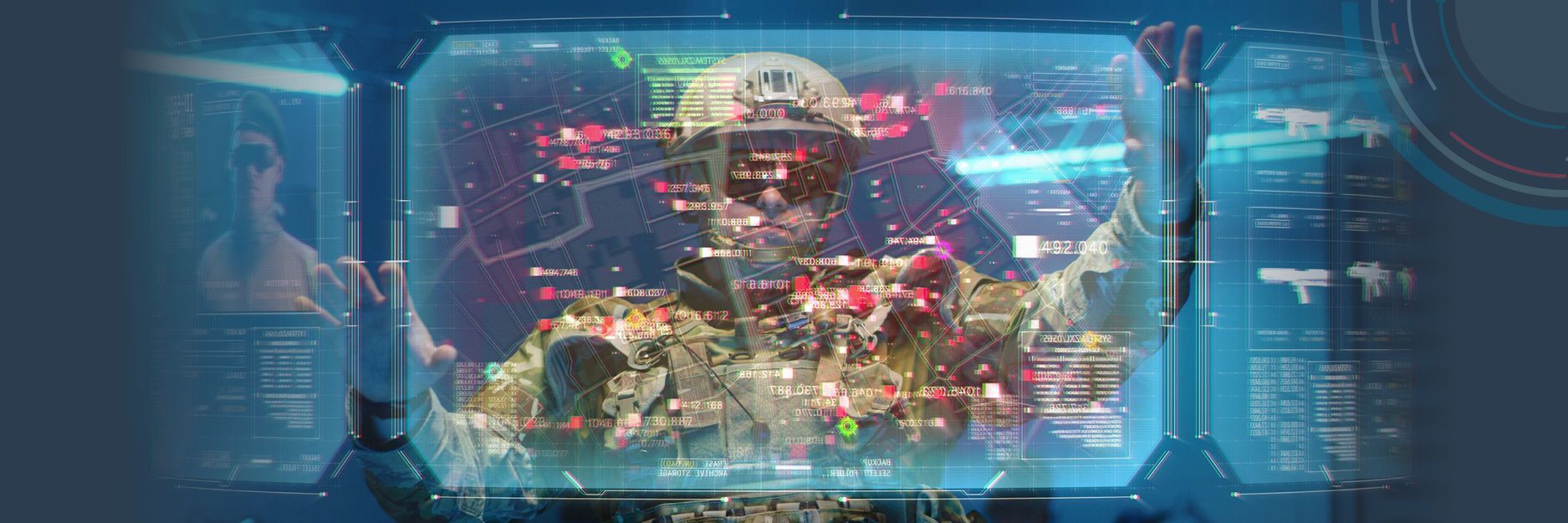The effectiveness of extended reality gaming technology in operations training
As the landscape of military operations training evolves, the United States Department of Defense (DoD) seeks innovative technologies to enhance and elevate operations training including flight training. This abstract explores the efficacy of incorporating Extended Reality (XR) gaming technology, specifically Epic Games' Unreal Engine, in United States Air Force (USAF) and United States Navy (USN) flight simulators. The integration of Metrea NOR (Next-generation Operational Realism), based on Unreal Engine, into a hardware solution by Vertex Solutions further amplifies the transformative impact on operations training programs across the DoD.
Extended Reality (XR) technologies, which encompass Virtual Reality (VR), Augmented Reality (AR), and Mixed Reality (MR), have gained prominence in various industries due to their immersive and interactive nature. The aviation sector, in particular, has embraced XR as a means to replicate real-world scenarios, fostering a more dynamic and realistic training environment. Unreal Engine, developed by Epic Games, stands out as a leading XR platform renowned for its cutting-edge graphics, physics, and simulation capabilities.
Metrea’s NOR, as integrated by Vertex Solutions, leverages Unreal Engine's capabilities to incorporate a higher fidelity of realism into operations training including flight simulators. This comprehensive approach combines advanced physics, environmental modeling, and artificial intelligence to create a training environment that closely mirrors actual basic training requirements and represents future combat situations. The synergy between Unreal Engine and Metrea’s NOR aims to transform operations training and lift flight training to new heights.
The effectiveness of XR technologies in pilot training lies in their ability to simulate complex and dynamic scenarios, providing pilots with an immersive experience that closely mimics real-world conditions. Unreal Engine's high-fidelity graphics and physics contribute to a visually compelling and authentic training environment, allowing pilots to hone their skills in a risk-free setting. The integration of Metrea NOR further enhances realism by introducing intelligent and adaptive elements, creating scenarios that challenge pilots to think critically and respond dynamically.
This abstract reviews the impact of XR technologies on the USAF's pilot training programs, focusing on Vertex’s integration of NOR in flight training. The benefits of this combined approach include accelerated learning curves, improved decision-making under pressure, and enhanced muscle memory development. An increased skill level achieved in simulation allows for more focused training airborne and the potential for proficiency reallocation of time airborne to focus on those tasks thereby potentially accelerating training. The adaptive nature of the training scenarios ensures that operators are well-prepared for the diverse challenges they may face in training and eventually real-world missions.
Furthermore, the use of XR technologies can reduce the reliance on costly live training exercises, minimizing associated risks and expenses. Simulated training environments allow for repetitive practice, enabling operators to refine their skills and strategies without the reliance on expensive live training time to achieve basic skills. This abstract examines the cost-effectiveness of implementing XR technologies in operations training, showcasing the potential for substantial savings in both time and resources as well as its overall effectiveness as a training platform.
In conclusion, the integration of Extended Reality gaming technology, specifically Epic Games' Unreal Engine with Metrea NOR by Vertex Solutions, marks a paradigm shift in operational training. This abstract explores the transformative impact of this technology flight training, emphasizing the realism, adaptability, and cost-effectiveness of XR-based simulations. As military operations embrace the future of training methodologies, the combination of Unreal Engine and Metrea NOR emerges as a powerful tool in shaping the next generation of highly skilled and adaptable operators.




